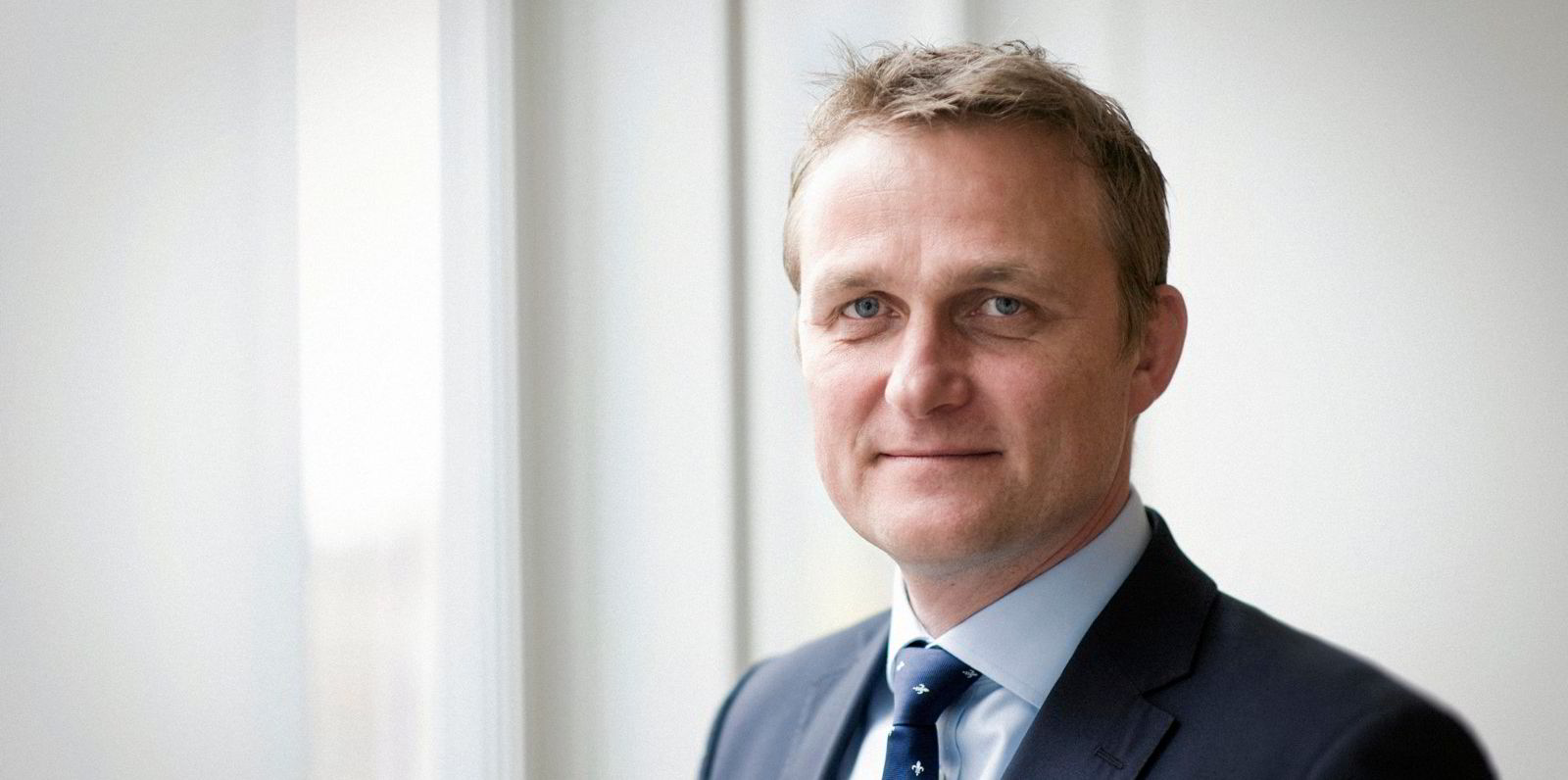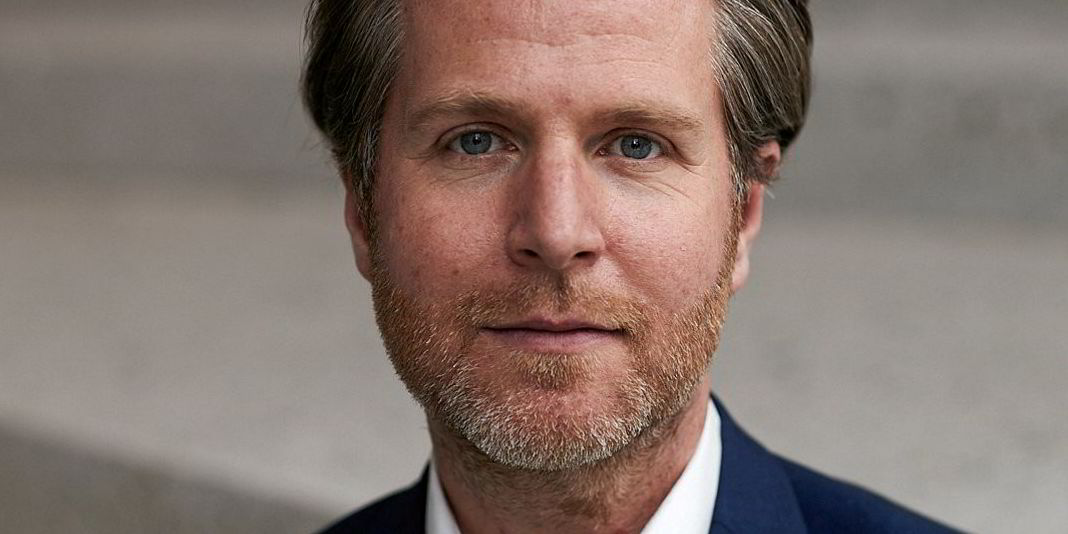ZeroNorth chief executive Soren Meyer wants concrete action on emissions reduction at the 81st meeting of the International Maritime Organization’s Marine Environment Protection Committee this week.
The Danish optimisation platform’s boss said there was much excitement in the industry when the IMO was able to agree to its first binding climate agreement in July 2023.
“Three decades to net zero was the target that we set for ourselves, and the revised strategy was called one of the biggest climate agreements of this decade,” he said.
Meyer believes it was a remarkable achievement that 175 countries were able to agree on anything, particularly in an industry as fragmented, commercial and highly competitive as shipping.
But now the sector needs “more than ambitious targets on paper”.
“At the time, I felt like the strategy we got was a lantern, and we needed a lighthouse,” he said.
“It illuminated some of the next steps on the path — as well as the end goal — but did little to provide the finer details about how we will manage the transition ahead.”
Clear financial incentives and structures that directly reduce emissions are now needed, he argues, adding that this is exactly what is at stake in London this week.
“Shipping is firing the starting gun on how a global tax on greenhouse emissions might work. It’s imperative that we reach an agreement, if we are to transform last year’s strategy from words to impactful action,” he said.
Meyer is calling for the industry to come up with a market-based mechanism to price emitted greenhouse gases.
No compromise
“If we compromise at this stage, and settle for half measures, we will be left with a greenhouse gas or CO2 tax that disappears in the noise of fluctuating freight rates and that doesn’t drive real decarbonisation impact,” he warned.
“If we can agree a high global tax on greenhouse gases, we will pave the way for net zero shipping to become a reality by 2050, in line with the IMO’s strategy.”
ZeroNorth estimates that operational efficiencies, especially route optimisation, could cut shipping emissions by up to 20%.
But a tax on emissions has to be high enough to then force owners to adopt green fuels.
“Decisive action from the IMO this week and in the coming months will enable us to create uniform rules that will prevent shipping companies from finding ways out of having to act,” Meyer said.
He wants to see pressure put on national delegations.
“We must not take our eye off the ball on the IMO’s announcements, and make sure that last year’s climate agreement actually turns out to be as historic as it promised to be.”






